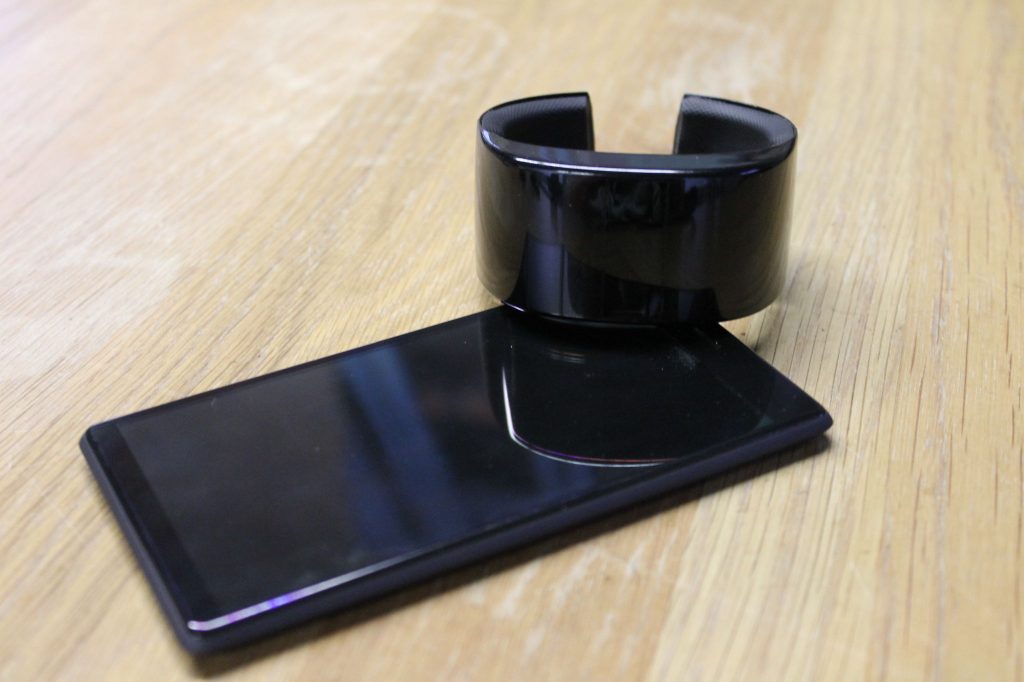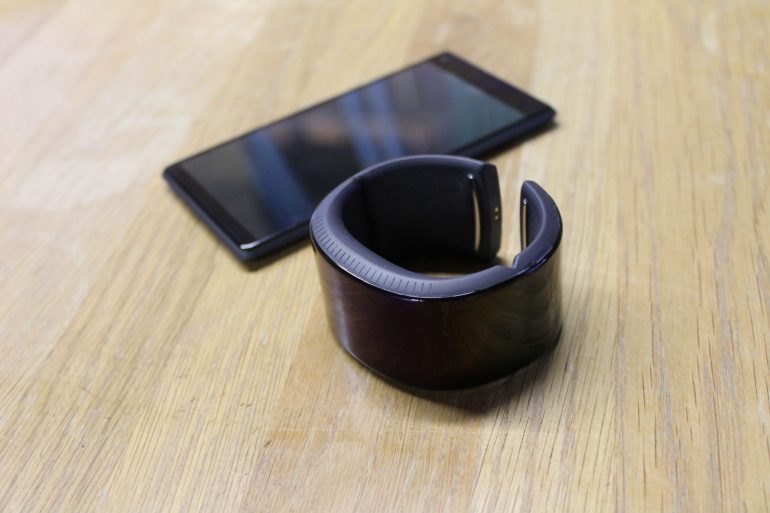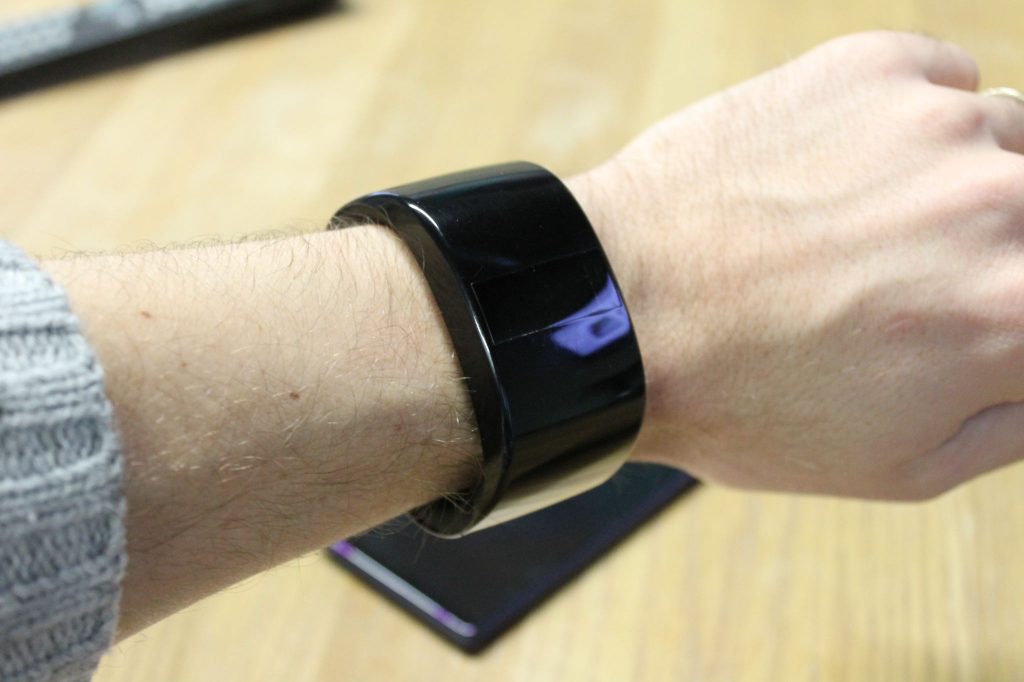If wearable technology is going to succeed, it will need visionaries who think outside the box and aren’t afraid to make a few mistakes shaking up the status quo. Simon Tian is such a visionary. The twenty-year-old CEO and founder of Montreal-based Neptune has a bold, refreshing take on wearable technology that sees us relying on our wearable devices instead of our smartphones. To do this, Tian is flipping the current wearable-smartphone relationship on its head. His new two-device product, the Neptune Duo, is making the wearable your go-to personal computer, turning the smartphone into just another screen.
The Duo attempts to correct what Tian feels is wrong with wearables today. “If you look at all the wearables out there, they are mainly saturated by these “dummy” smartwatches paired with your smartphone,” he told BetaKit. “The smartphone is the main device, the hub, and the smartwatch is mainly an extension of that.” Neptune’s Duo shifts this paradigm completely by making the smartwatch the master and the smartphone the dummy.
Neptune has a bold, refreshing take on wearable technology.
At the core of the Duo is the Hub, a standalone smartwatch with a powerful quad-core processor and support for 3G/4G, Bluetooth, Wi-Fi, GPS and NFC. For all intensive purposes, Neptune’s Hub is a wrist-worn smartphone. It will run Android Lollipop when it launches later this year and will support Android apps. It also feels like a smartphone on your wrist being more gadget than typical fashion accessory. The Hub has a 2.4” curved display and looks more like a cuff then it does a watch. The design of the Hub is very similar to Will.i.am’s PULS, another standalone smartwatch trying to redefine how we interact with technology.
Standalone smartwatches are not a new thing. PULS, Samsung Gear S and the Omate TrueSmart are all examples of devices that work independent of the smartphone. Neptune’s first device, the Pine, was also a standalone smartwatch, raising over $800,000 on Kickstarter in 2013 with around 7,000 users to date. But according to Neptune, what’s holding these devices back is the fact that the smartphone is still the primary device for most users. To fix this, they are removing the smartphone from the equation.
Instead of a smartphone the Duo offers a Pocket screen. The Pocket screen is a 5” touchscreen which acts as an interface and companion for the Hub. The Pocket screen is completely dumb and relies on the Hub for applications and content. In this way, the Pocket screen acts as an extension of the standalone smartwatch in the same way we are currently seeing most smartwatches used with our smartphones. Where the Hub will be the device used for making calls, sending quick emails and text messages, playing music and other micro-actions we perform on a regular basis, the Pocket screen will be used for longer form use cases like writing a report, working on spreadsheets or watching videos.

A world ruled by our wearables seems hard to imagine mostly because we are so addicted to our smartphones. A recent report from Kleiner Perkins suggests that we check our smartphones 150 times a day. But looking closer at this report, more than 50% of the actions we take on our phone every day could easily be done on a standalone smartwatch. If this is the case, then why aren’t smartwatches, standalone or companion, flying off the shelf today? It’s possible that we are so addicted to our smartphones that it’s hard to see other, more efficient or effective ways to perform many of the digital interactions we rely on every day. The Duo attempts to test this theory by removing the smartphone, forcing us to quit the device cold turkey.
But are consumers ready to drop their smartphones and adopt a whole new system? Beyond a change in user behaviour, the other challenge is the cost. Neptune will be selling the Duo for $798 which is the same price as a higher-end smartphone. But unlike a smartphone, which is usually subsidized on a contract with a carrier, consumers interested in the Duo will have to pay the full price.
For the Duo to succeed, it will need the support of early adopters who already subscribe to Neptune’s vision of a smartphone-less future or are at least curious in testing it out. They, like Tian, are what Apple would call “the crazy ones.” And, as the famous saying goes, “the people who are crazy enough to think they can change the world are the ones who do.”


